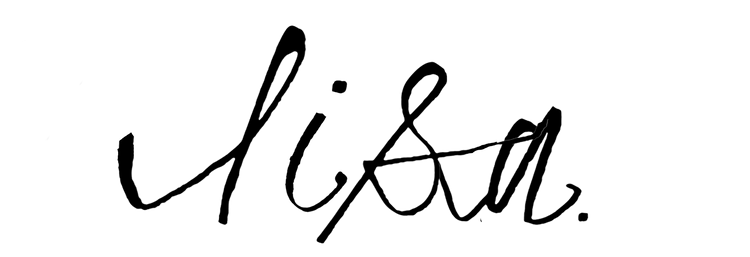It's likely that work looks a little different for you than it did two years ago. Even essential and frontline workers who have been tirelessly keeping our country going day in and day out, have seen changes changes. Whether it is change in uniform or dress, rules, location, or level of patience required, there has been a shift around work for many of us. And many of us through those changes have chosen to resign and find different work altogether. And collective trauma and grief will do that. There are few things that can move us to reflect and change like trauma and grief. They require a great reckoning.
With so much attention being placed on work, where we work, how we work, how long we work, conversations have provided rich fodder and exploration into everything work related. From organizational psychology to data driven statistics, to a reevaluation of what work actually is and what it should be. And this is exciting. I love reckonings, as there is great potential for change.
Whether or not we can make use of these new ideas and challenge the status quo during a time of collective grief and trauma remains to be seen. Change takes energy and collectively we are pretty low on energy these days. Yet these conversations are still important to have. Change begins with acknowledgement.
Potential for change or not, as someone who has deep interest in systems, I LOVE all this talk about work.
When consulting with executive leadership for the first time, I always ask, “Are you a parent?” This question is usually met with a suspicious side eye. And rightly so. I'm hired to help leadership better understand the system they lead. There must be more important concerns to discuss.
This question is immediately followed up in one of two ways. If the executive says yes, I ask how many children they have and when they say 1,2, or 5, I correct them with the number of people in their company. When the executive says no, I do the same. People either love or hate this perspective and the amount of denial that goes into thinking this idea is valid gives me a good idea of where to start with consultation.
No matter how much work may have changed in the last two years, the idea that executives hold a parental role in the system never changes. And that's why exploring work and leadership from a systems perspective is so integral to success. No matter what is occurring socially, in the realm of research, organizational psychology or whatever flavor of wellness retreat has been decided as most important at the moment, the system perspective remains valid and deserving of exploration.
The very first system we are a part of is family. And the very first authority figures we have are our caretakers. And this experience makes a huge impression. As infants, our caretaker is responsible for our survival. We figure out as best we can ways to communicate when we are hungry or tired or in need. And if we are lucky, our caretaker or caretakers are attuned with our attempts at communication.
Babies are brave as hell. Imagine your survival depends on you learning to get the attention of a group of people you don't know or cannot communicate with? It's terrifying! And that's precisely why parental roles and the interactions we have with these roles stays with us. And anytime we enter into a system, be it school or work, we relive a version of this struggle for survival and project our own experience with these caretakers or parental roles on to whomever is in charge.
Hurrah and yuck.
The really cool thing about evaluating leadership from a systems perspective is that the projections are not gender specific. Meaning we switch around mom and dad all the time and over time. An executive can be mom to one team member and dad to another. And even switch between mom and dad for a single team member over time! It's fascinating and can be a dizzying concept to understand without guidance.
This perspective can be a lot to unpack but I believe understanding what roles leadership is expected to fill via projection is a truly helpful tool. Also, acknowledging the responsibilities associated with what we think a good parent does and should provide can be incredibly helpful in understanding our purpose in leadership.
I read an article recently by Joe Pinsker for The Atlantic about how the idea that the workplace should operate like a family perpetuates a terrible and destructive myth. It's a terrific article and is definitely worth a read. While it points out the important differences between work and family particularly when it comes to appropriate boundaries, it does not discuss the concept of leadership as parent. I wish it had touched on this. Give it a read and let me know your thoughts. The article is linked HERE.
xxx
Lisa

Leave a comment